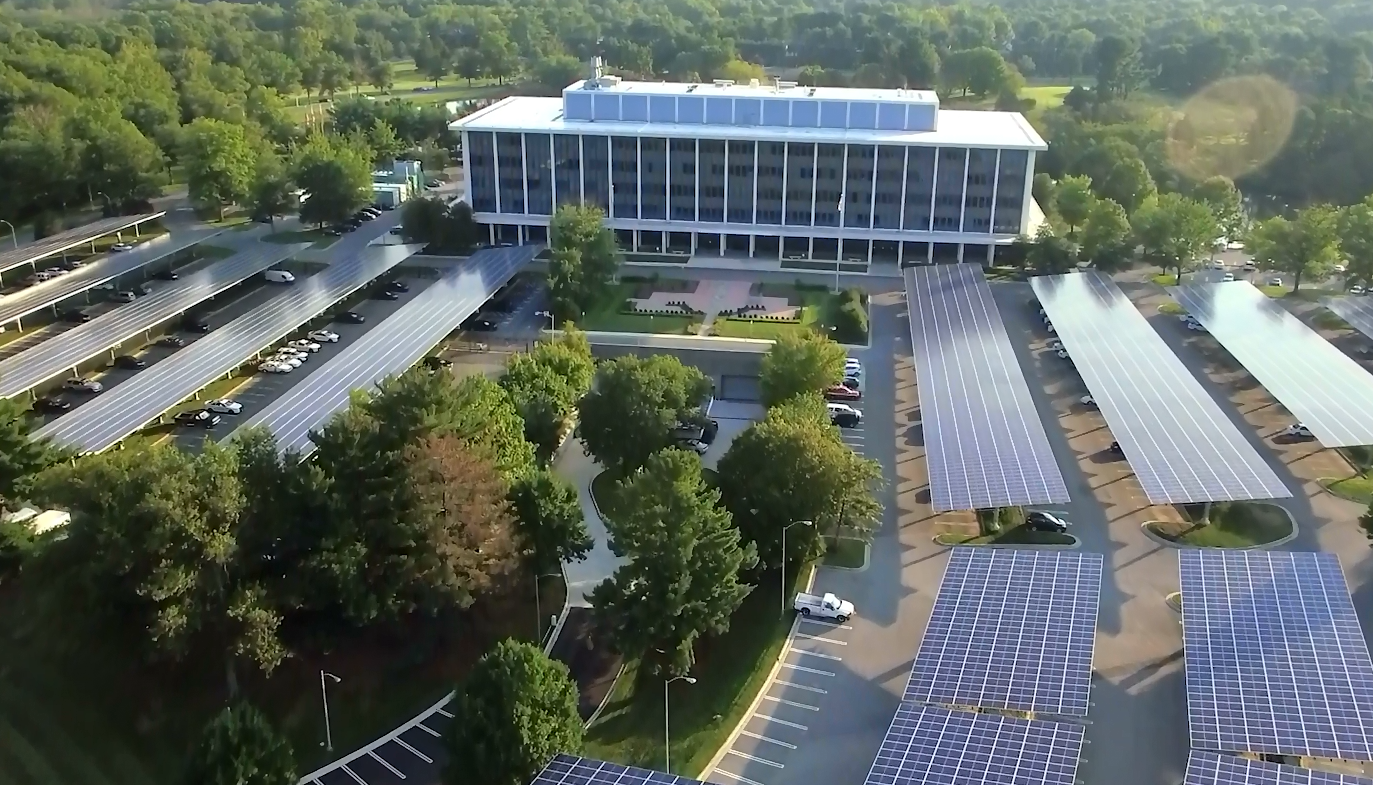
NOTE: This webpage is for a prior year program. It is provided here for historical purposes only.
Update: Governor Larry Hogan issued an
 executive order
executive order on March 12, 2020 mandating teleworking for non-essential state employees across all state agencies in response to COVID-19. With this in mind, MEA encourages that all correspondence and reporting regarding the Resilient Maryland Program be submitted via email to
[email protected].
During this time, MEA Resilient Maryland Program Manager Brandon Bowser can most easily be reached via email at
[email protected] or via phone at
(443) 306-0304. We apologize for any inconvenience this may cause and we appreciate your understanding.
***APPLICATION PERIOD CLOSED FOR FY20***
The Maryland Energy Administration (“MEA”) is pleased to announce the FY20 Resilient Maryland Pilot incentive program (“Resilient Maryland”) aimed at driving growth in the adoption of Microgrid and other distributed generation energy systems which provide cleaner, affordable, and reliable power to key entities across the State of Maryland. Solar photovoltaics (“PV”), advanced combined heat and power (“CHP”), and energy storage provide long-term affordable energy and resilient power to bolster essential infrastructure, vulnerable communities and businesses and organizations sensitive to energy disruption.
Resilient Maryland provides an opportunity to identify potential ways to incorporate clean energy and distributed energy by providing grant funding for eligible organizations and governments to identify, plan and design microgrids, resilient facility power systems, advanced CHP and resiliency hubs. The program is designed to attract local governments seeking to bolster essential services (e.g., fire, rescue, emergency shelters), economic development districts seeking to attract new industries, academic organizations, businesses seeking high quality power (e.g., biotech, datacenters), multi-family housing communities (e.g., senior housing, advanced care facilities, vulnerable communities), hospitals and medical facilities where failure is not an option, electric vehicle charging sites and others seeking highly reliable, resilient, clean and affordable energy.
This Program provides funds necessary to plan and design shovel-ready projects that will: bolster local governmental essential services; attract new industries to economic development districts; provide resilient and efficient energy to academic organizations; and provide high-quality power to businesses, multifamily housing communities, hospitals and medical institutions. In addition, completed projects will contribute to meeting Maryland's sustainability initiatives.

